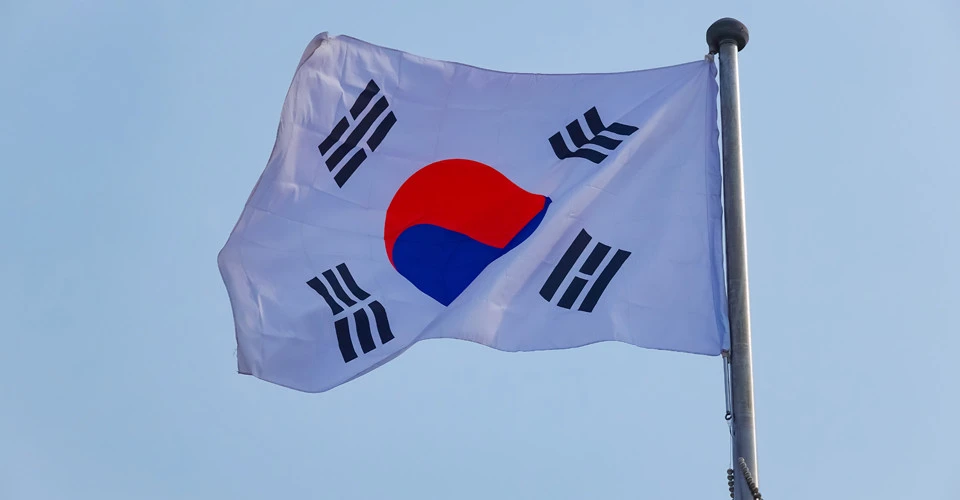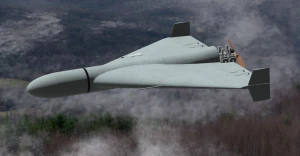
DPRK troops have not yet engaged in full-fledged combat against Ukraine, says South Korea
South Korea's Presidential Office says that North Korean troops sent to Russia haven't yet engaged in full-fledged combat against Ukraine
Yonhap reported the information, citing a representative of the South Korean President's Office.
"A large number of North Korean troops deployed to Russia have already moved to the western front lines, but full-fledged combat has not yet begun," the senior presidential official said.
According to the official, minor clashes may have occurred recently as part of reconnaissance or preparatory actions by DPRK troops, but further monitoring of the situation is needed to establish whether Ukrainians and North Koreans have started fighting.
"If North Korea and Russia launch joint combat operations, it will be critical to monitor their tactics, weapons, and any North Korean casualties, as this information could be crucial for South Korea's security and collaboration with Ukraine," the official said.
At the same time, the official noted that Seoul is considering sending a monitoring group to Ukraine to assess joint military operations between Pyongyang and Moscow.
Military cooperation between Russia and North Korea
On October 4, the Kyiv Post reported that 20 soldiers were killed in a missile strike on occupied Donetsk, including six North Korean military personnel advising the Russian army.
The South Korean Defense Minister warned on October 8 that North Korea may deploy troops to Ukraine in support of Russia.
At an October 17 press conference in Brussels, Ukrainian President Volodymyr Zelenskyy revealed Russia's plan to train 10,000 North Korean soldiers for combat in Ukraine.
Kyrylo Budanov, head of Ukraine’s Military Intelligence, later reported that 11,000 North Korean infantrymen are training in eastern Russia, preparing for deployment to Ukraine. He added that the first unit of 2,600 soldiers is en route to Kursk, where Ukraine has established a stronghold.
Ukraine has since shared intelligence with NATO about North Korea’s military involvement and requested data from alliance members.
NATO Secretary General Mark Rutte said that the participation of the North Korean military in the war against Ukraine on the side of Russia would mean a “significant escalation.”
Later, it was reported that South Korea was considering providing Ukraine with military and intelligence assistance in response to North Korea's sending its military to fight on the side of Russia.
The Defense Intelligence of Ukraine reported that on October 23, the North Korean military was spotted in the Kursk region.
President of Ukraine Volodymyr Zelenskyy said that according to intelligence, the first North Korean military would be used by Russia in combat zones on October 27-28.
On October 25, South Korea's intelligence agency announced that North Korea plans to send a second batch of its military personnel to Russia, totaling up to 10,000 people.
On October 28, NATO Secretary General Mark Rutte confirmed the presence of North Korea's military in Russia’s Kursk region, noting that this is “a major escalation in DPRK’s ongoing role in Russia’s illegal war.”
President Volodymyr Zelenskyy said that Russia was already using DPRK military personnel on the territory of Ukraine and that up to 12,000 troops could be deployed to Russian training grounds from the DPRK.
On October 31, reports stated that North Korea had dispatched three of its generals to Russia, including the DPRK's deputy chief of general staff, who also serves as the head of the country's main intelligence bureau.
On the same day, U.S. Secretary of State Antony Blinken said that, according to recent reports, up to 8,000 DPRK troops had been deployed to Russia’s Kursk region.
On November 1, President Zelenskyy announced that the first thousand North Korean soldiers were already positioned near the Ukrainian border. Additionally, Ukraine's intelligence indicated that in the last week of October, Russia had relocated over 7,000 North Korean army soldiers from its territory to areas close to Ukraine.
- News














































